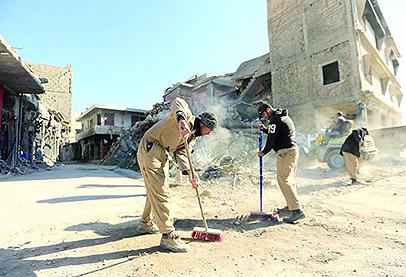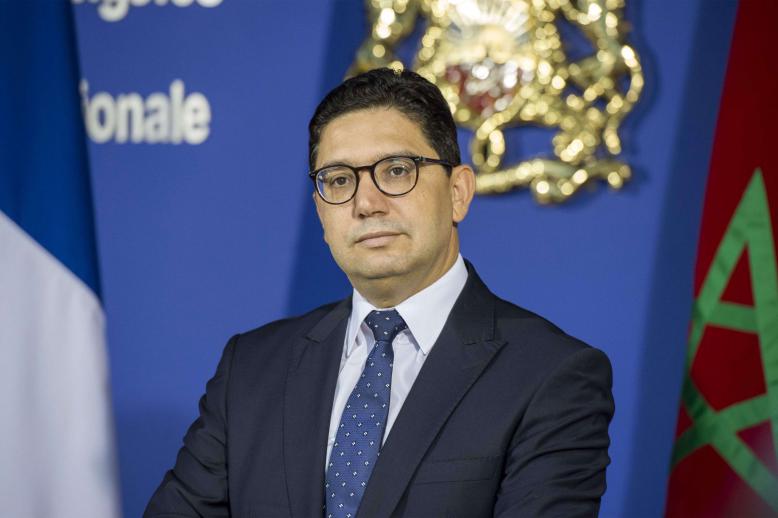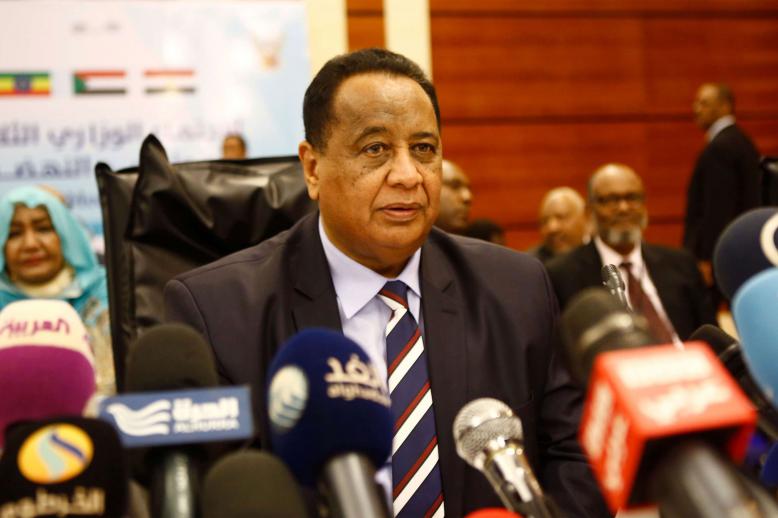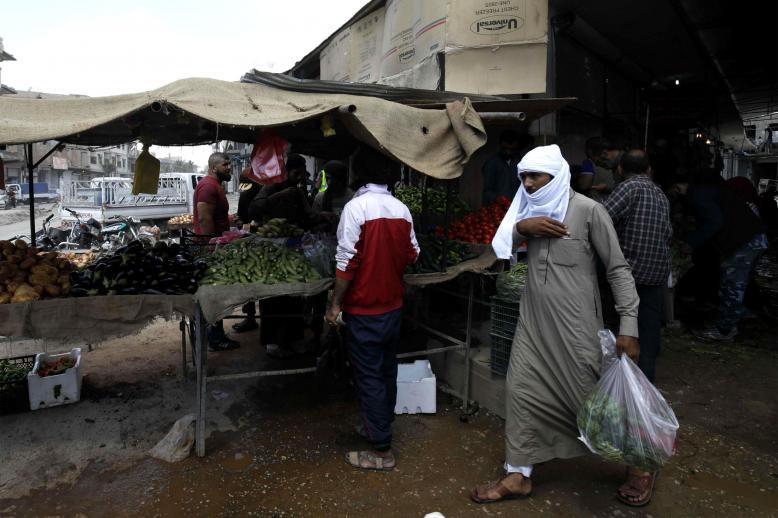After the war is won, ‘we shall not return’ to Mosul

“Once the door to our problems is opened it cannot be closed,” Iraqi refugee Majid, 38, told The Arab Weekly by phone from the United Kingdom. He is haunted by the ghost of Mosul’s present yet unable to return home.
Majid — the names of family members have been changed to protect their identities — arrived in the United Kingdom to pursue higher education in 2010, three years before Islamic State (ISIS) militants conquered his ancestral land. He was followed by his brother who, upon arriving in the United Kingdom, had his scholarship suspended by Baghdad.
While Majid’s brother was offered no explanation, Majid stood accused of colluding with the National Health Service after Baghdad refused a medical bill it claimed was counterfeited.
The lives of sisters, Israa and Han’aa who stayed in Iraq, have remained on hold — denied the independence and freedom to work and marry in these uncertain times. Lest one forgets, the decade of neglect that preceded ISIS’s blitzkrieg was the springboard that allowed the so-called caliphate to establish itself.
Away from home, near-daily telephone exchanges between Majid and his Mosul-bound family are a source of distress for a man whose anxiety has climbed to impossible heights “startled by the faintest fireworks or a knock at the door.” Heart-clenching moments interrupt Majid’s sleep daily — counting those alive and replaying in his mind the names of the departed.
The option of return has been ruled out because of his family’s precarious situation and the assortment of threats made by federal forces — a melange of militia and police forces — allied to Iraqi Popular Mobilisation Forces (PMF). As the new dominant force in Mosul, these militia actors are recognised by locals as occupiers of newly liberated territories.
“Every militia that came to Mosul claimed peace but the reality was different. They are using Mosul as a swamp to carry out further killings,” Majid said, commenting on arbitrary arrests and the impunity with which militias act lacking the mechanisms to discern who is culpable or innocent.
“Even if you stand aside, minding your own business, you are still seen as guilty. This isn’t what will help a civilised society to grow,” he said.
The construction of a forced identity is how Majid’s acquaintances and family view the post-ISIS phase brandished in newspaper headlines. “It began the day after liberation,” he said. Makeshift checkpoints marked by Shia flags dot various neighbourhoods and the imposition of new street names and districts stand out as symbolic operations that undermine Mosul’s mosaic communities and their respective identities.
One episode in which this is at play is the renaming of al-Furqan neighbourhood. Before the draconian policy of regime change enabled the United States to lead an invasion of Iraq, the district was named for the former regime, the Ba’ath Party.
Militias have dubbed it ‘Hai al Baathiyya’ — the district of Ba’athists — to add insult to injury.
“I was on the phone to my youngest sister when I heard militia forces through the speaker, mocking the name of the district,” Majid said.
Former ISIS stronghold Al Araby district, on the tip of western Mosul, is choked by sprawling militias, whose “unrecognisable languages fill the city,” Majid said.
“The flags of [Saddam] Hussein are everywhere,” Majid’s younger sister told him over the phone. “Shjabilkum allah” (roughly translates as “God abandoned you”) were the words barked at Majid’s sister as she made her way home from university, mocked by a militiaman for wearing hijab as a form of religious observance.
The wounds these people carry mentally and physically run deep — paralysed by their reality yet unable to mourn.
Liberation of the city Majid departed in late 2012 was announced last December, ending nine months of scarring battles. Uncertainty remains the only foreseeable hallmark for his family.
“Three names in my family are wanted,” he laughed. “One is dead, the other is retired and the whereabouts of the third is not known.”
Unknown men wielding heavy weapons crashed into his parent’s home demanding information about his and his brother’s whereabouts and their political affiliations.
“Not even the truth satisfies these men,” said Majid, speaking of the lingering distrust caused by Iraq’s volatile sectarian political arena.
Luckily, his family had taken down the central piece in their living room; an image of a male figure in the family donning military attire captured during his service to his country as a brigadier-general in Iraq’s army.
Reprisal attacks like these and worse are relentless even when Western media is unable to pick out these stories.
A dozen people were snatched from Tanak district west of Mosul recently, reporter Ziad al-Sinjari said. They were dubbed ISIS operatives “but were, in fact, elderly local tribesmen and women” Sinjari wrote on Twitter.
“Everyone is a target,” another resident said against the backdrop of enforced disappearances.
A witch hunt carried out on local imams and mosque preachers from al-Salah district on March 19 resulted in the killing of Sheikh Yassin Mohammed Younis al Janabi. The upper half of his body, as images show, sustained repeated and fatal blows. Nineveh operations command promised an investigation into his death.
“This is just the tip of the iceberg of what citizens endure daily,” Majid said.
Relief operations, though limited, have commenced in bomb-cratered Mosul.
It is not so much these problems but the security actors and their treatment of locals that made Majid lose his will to return.
The militias navigating Mosul’s urban wreckage are the biggest challenge to peace and stability, alongside the titanic tasks of urban resurrection and preventing the return of terror to the province.
Nazli Tarzi is an independent journalist, whose writings and films focus on Iraq’s ancient history and contemporary political scene.
This article was originally published in The Arab Weekly.




